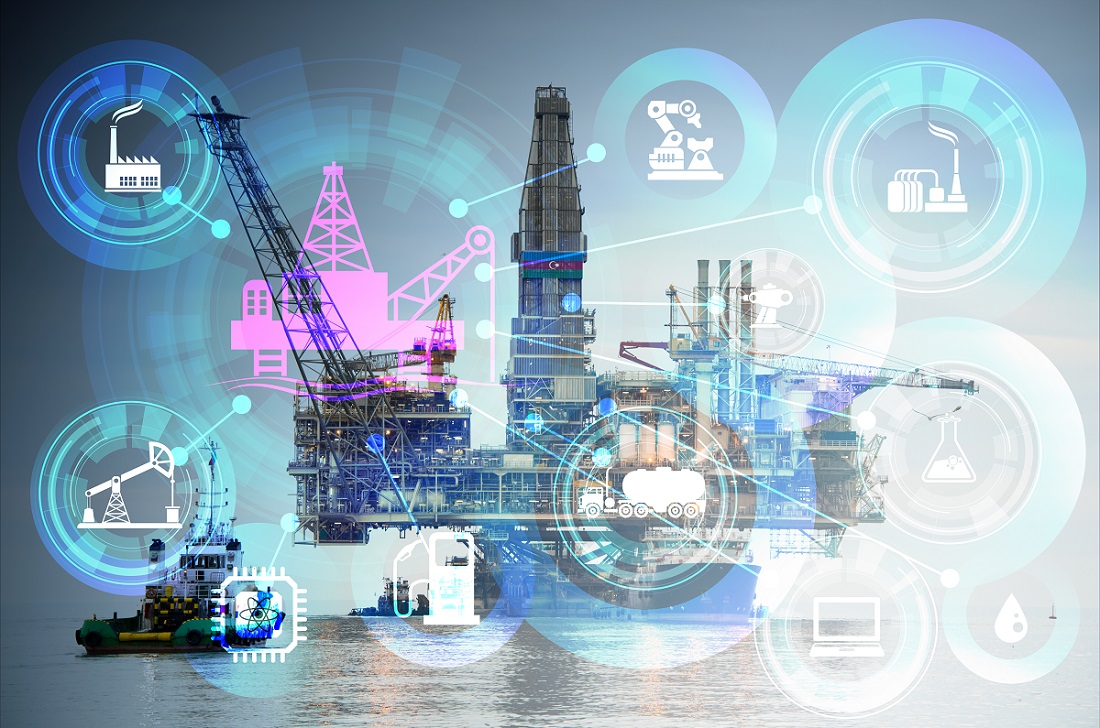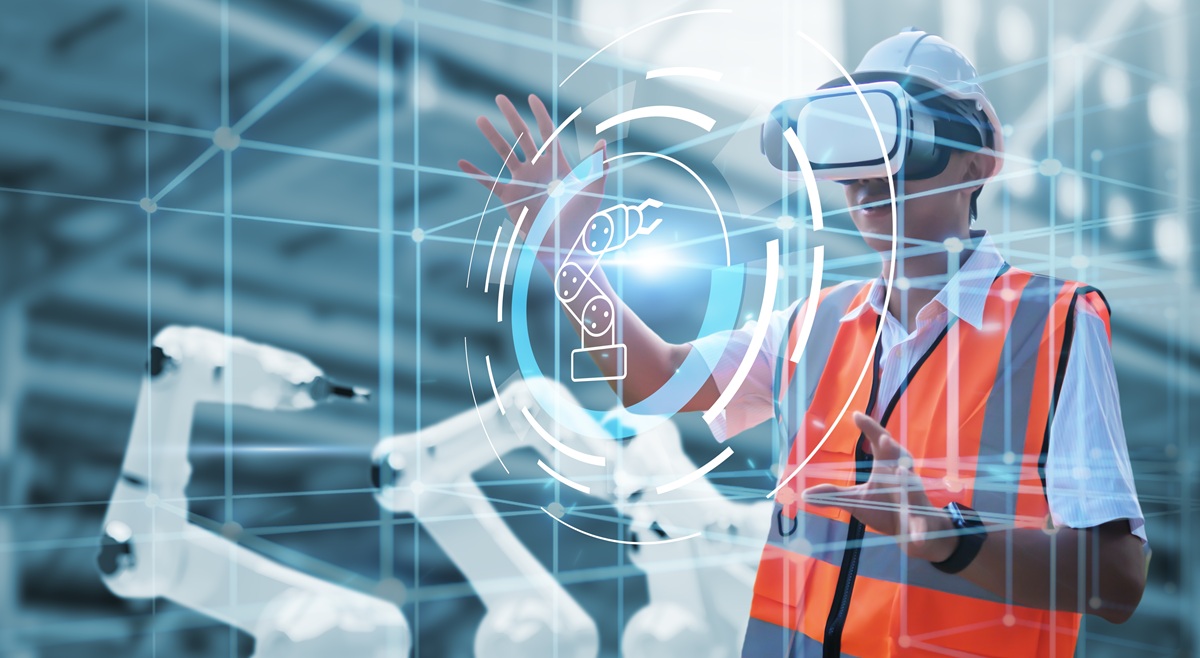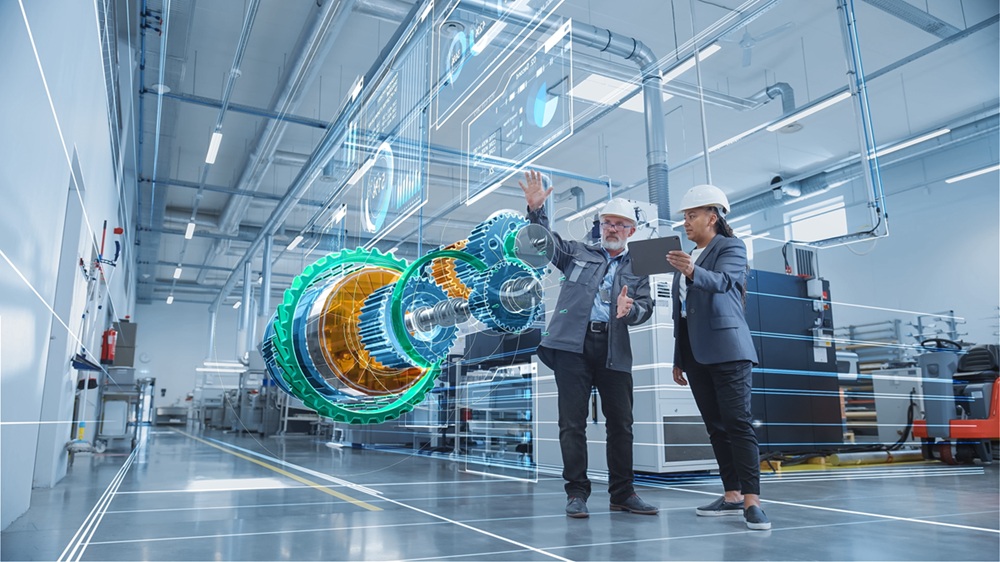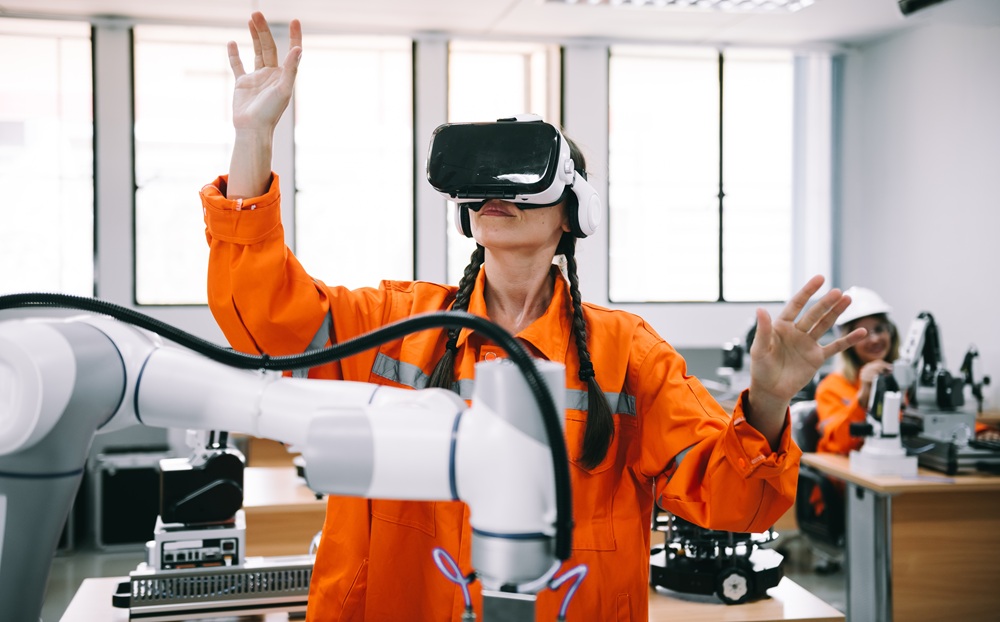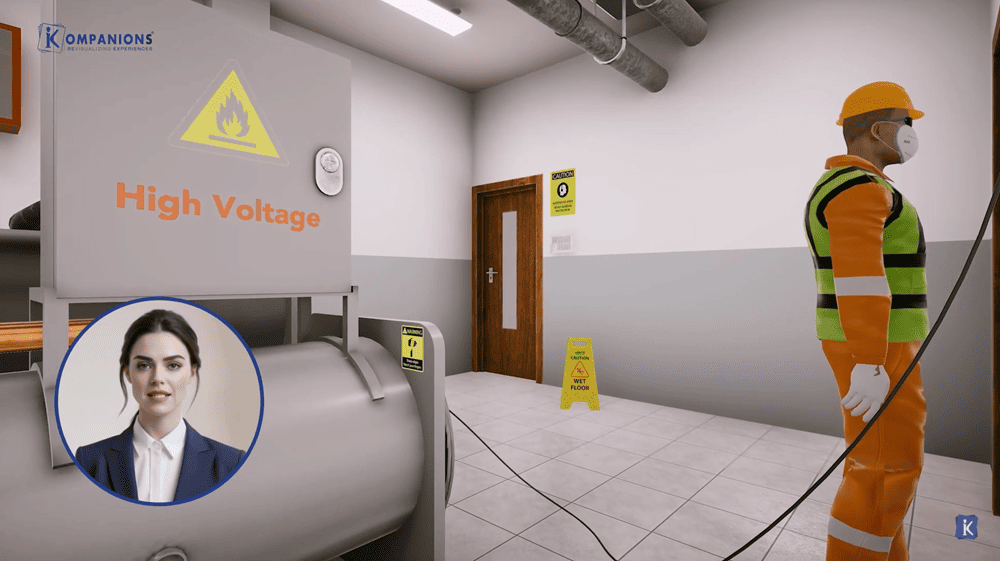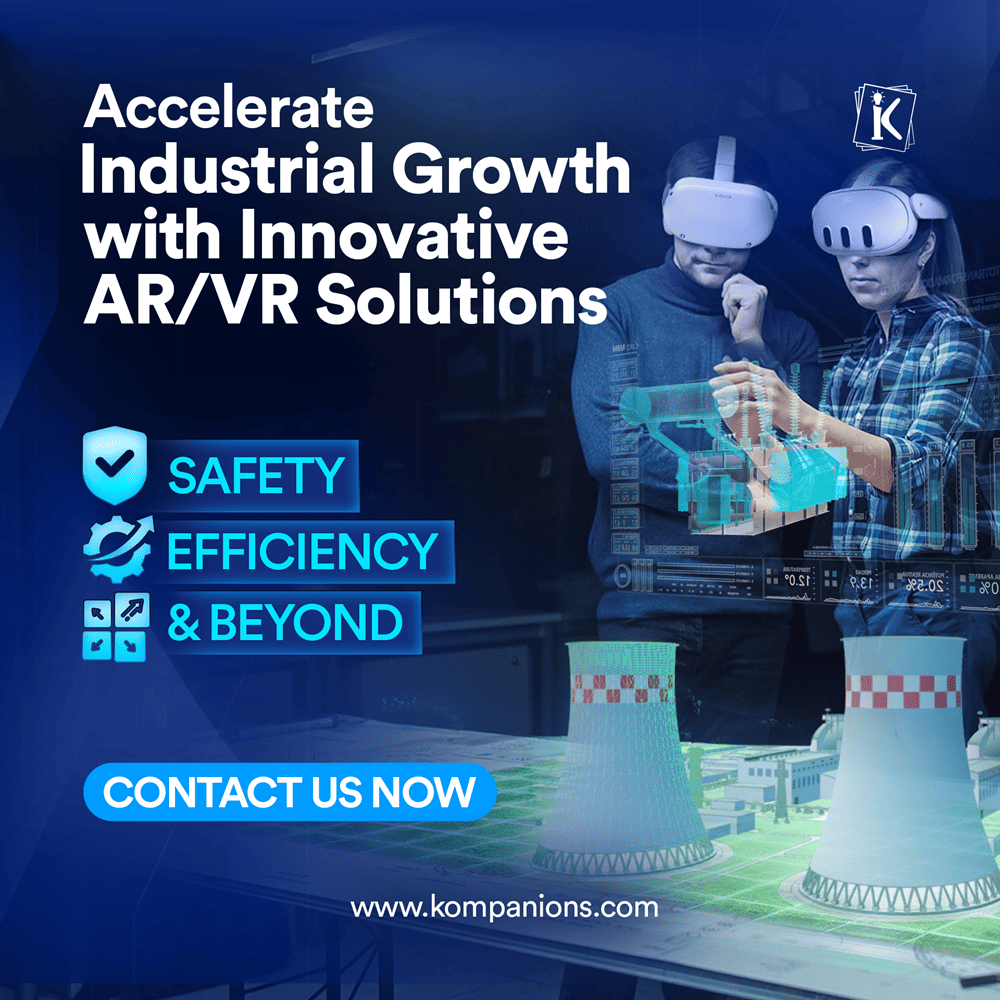
Article By: Robin Gupta
November 05, 2024 | 5 minutes to read | Updated On: 06 May 2025
AI in Oil and Gas: Transformative Use Cases and Real-World Applications
Energy exploration and production have been a highly mechanized task for most of human history. Even in recent years, improvements in engineering and the use of tools like drills and excavators, pipelines, etc.
The massive amounts of skilled human effort paint a picture of an industry that has increasingly increased its reliance on advanced tech and machinery.
Thus, the use of AI in the oil and gas industry is not a surprise. But it still marks the beginning of an era where innovation meets the energy industry.
AI in oil and gas is used for predictive maintenance, reservoir modeling, drilling optimization, and safety monitoring. It helps analyze vast datasets to improve efficiency, reduce costs, and enhance decision-making in exploration, production, and refining processes.
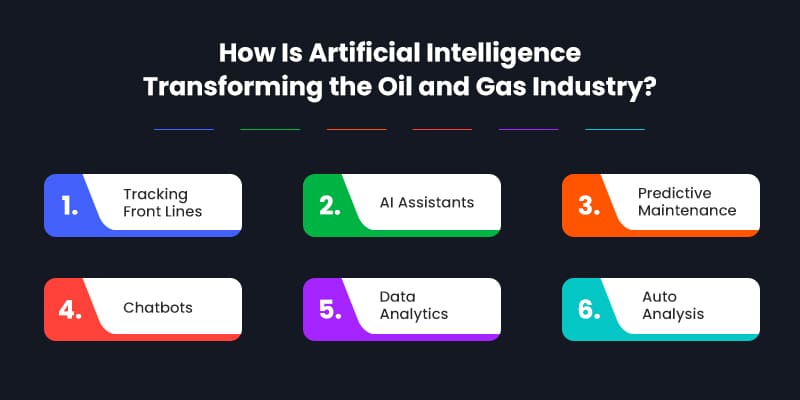
So, join us in exploring the relentless march of AI in energy exploration. The convergence of artificial intelligence is ushering in new stages of progress and benefits to the oil and gas industry.
And watch how it is fueling advancements and efficiency through a quiet revolution.
Real World Applications of AI in the Oil and Gas Industry
- According to McKinsey & Company, the adoption of artificial intelligence in the oil and gas industry across all activities can help the sector save $1.2 trillion by 2030.
This considerable influence on the sector originates from the fact that the oil and gas industry is regarded as one of the key industries that have signed up as early adopters of AI technology in its operations.
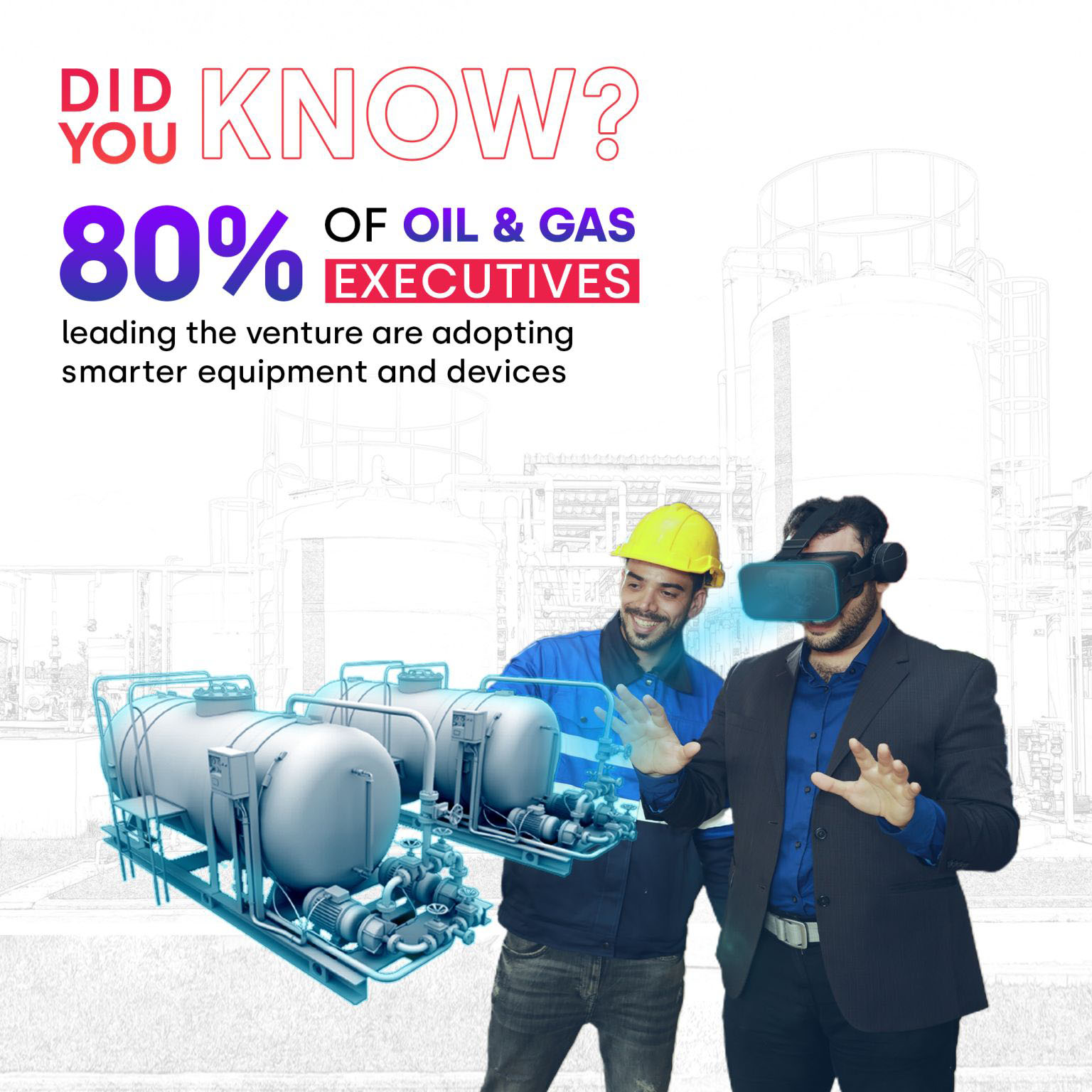
AI is being increasingly used to combat harsh and demanding environments and automate various tasks that would not be feasible or practical for humans to continue participating in.
Not to be confused with conversational AI, the following are the top 5 important applications of AI in the oil and gas industry as it stands today:
✔️Managing Reservoirs
Exploring and then managing said reservoirs has been a key operation, often comprising various checks and steps for companies in the oil and gas industry.
The algorithms powering AI have been a godsend in this regard where it is being utilized to analyze seismic data, geological information, logs of text describing the conditions of the wells, etc.
Moreover, AI in oil and gas is helping engineers to predict the behavior and properties of the surface so that when operating heavy machinery like drills, their tasks are guided by informed decision-making.
Further, help from AI has been routed to those in charge of managing the reservoirs as they are using AI tools to mitigate risks related to using their reserves.
✔️Predictive Maintenance for Equipment
 Incorporating artificial intelligence into maintenance operations has changed the way equipment is monitored and maintained. Sensors and IoT devices collect data from machinery and equipment, which is then analyzed with AI algorithms to forecast probable breakdowns or maintenance requirements.
Incorporating artificial intelligence into maintenance operations has changed the way equipment is monitored and maintained. Sensors and IoT devices collect data from machinery and equipment, which is then analyzed with AI algorithms to forecast probable breakdowns or maintenance requirements.
Similar to IoT transforming oil and gas, using AI allows this preventative strategy to eliminate unexpected downtime, extend the life of equipment, and assure the safety of on-site people.
As there are mechanisms in place to prevent equipment and heavy machinery from breaking down while in use. And replacing/repairing them whenever they are not in use.
Revolutionize your oil and gas operations with AI-driven solutions tailored to your challenges.
Contact Us✔️Logistics
The logistics of the matter involved in transporting fuel and refined products during the various stages of energy production is another facet where AI has made its mark. AI in oil and gas is routinely used to make sure that the supply chain doesn’t face issues like lags or slowdowns.
It achieves this by measuring the production and demand levels, and tallying them with the inventory, so that what’s being shipped in or out is evenly distributed. This, in turn, saves manufacturing and all other types of labor involved in the processes.
And any resources available as a result are better optimized for use in different operations instead.
✔️Maintaining the Well
AI in oil and gas also translates into artificial intelligence being used to power drilling systems. These systems use real-time data from sensors and drilling rigs to make immediate changes to the settings that affect drilling.
Furthermore, it boosts the drilling efficiency for engineers and lowers any downtime that they commonly face.
Additionally, AI through predictive maintenance and machine learning algorithms helps to anticipate possible drilling hazards that any personnel or the company might face.
The programs being used then recommend preventative measures that the professionals can take, thereby enhancing safety and lowering costs.
Also Read: IoT in Manufacturing: Use Cases, Benefits and Examples
✔️Averting Risks
Finally, one of the major positives of AI in oil and gas that is criminally underrated is the fact that it prevents hazards and damages by analyzing safety-related data sets.
After having studied the data, it can lay down the trends or patterns that a company must be aware of during their operations. As that will help mitigate conditions that have a potential to be harmful and unsafe.
This not only helps the company to ensure that they are within compliance with all laws, rules, and safety regulations, but also sees the use of AI in oil and gas through drones and robots.
Mechanized and automated machinery that is capable of performing partial or full-capacity operational tasks, including those that can be routinely hazardous for humans.
These are some of the prime applications of AI in oil and gas industry. It is pretty similar to what we see with AR/VR in oil and gas industry. In essence, it helps the industry to maximize its efforts and efficiency levels, reduce human exposure to risks, and save time and costs for all companies.
This helps oil and gas production companies to also operate in a sustainable manner, which is important for the environment and our future.
Recent Developments & Real-World Case Studies of AI in
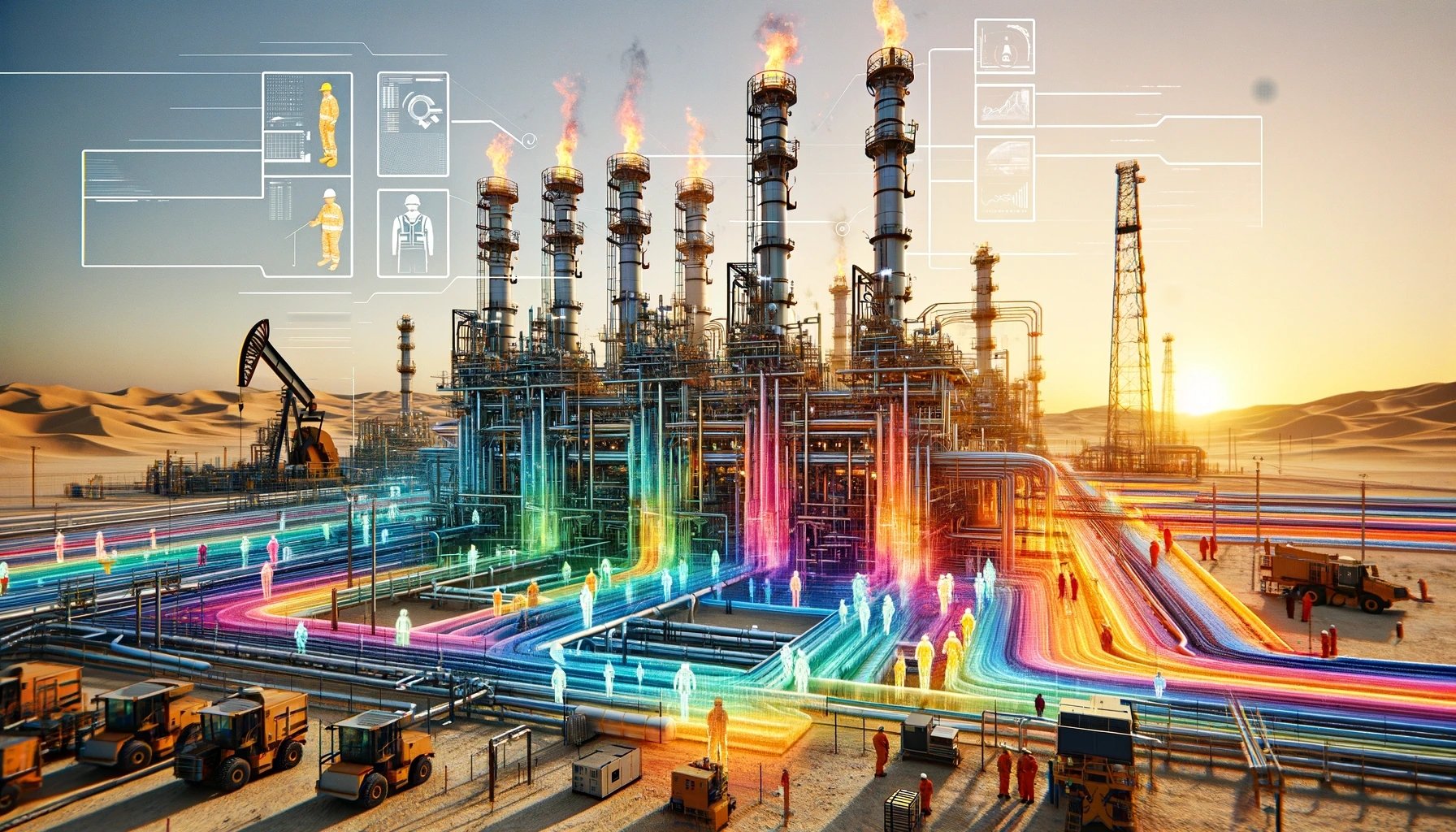
1. BP's AI-Powered Digital Twin Initiative
BP has extended its partnership with Palantir to utilize AI to enhance decision-making processes. By deploying large language models, BP aims to automatically analyze data from its operational sites and generate actionable insights.
This collaboration builds upon a decade-long relationship and includes the development of a "digital twin" of BP's operations, aiding in safe monitoring and optimization to boost performance.
Learn more about the use cases, benefits, and real-world examples of digital twins in the oil and gas industry.
2. Rahd AI's Cost-Saving Technology in Decommissioning
Developed in collaboration with major energy companies like Equinor and TotalEnergies, Rahd AI's technology has the potential to reduce decommissioning costs in the North Sea by up to 35%.
Utilizing data from over 15,000 wells, the platform determines the most efficient decommissioning methods, potentially saving the UK Treasury more than £8 billion by 2027.
3. Occidental Petroleum's AI Integration
Occidental Petroleum employs machine learning algorithms to analyze geological data, enhancing exploration and production optimization. AI-driven predictive maintenance helps forecast equipment failures, minimizing unplanned downtime and reducing maintenance costs.
Additionally, AI technologies are applied to enhance reservoir management practices, optimizing extraction methods and adjusting operations in real-time.
4. Eni's Supercomputing Advancements
Eni, an Italian energy company, has initiated operations of HPC6, the world's most powerful supercomputer outside the US, to enhance its oil and gas exploration capabilities.
The €100 million investment aims to advance clean energy projects and improve reservoir discovery, maintaining Eni's competitive edge in the energy sector.
Artificial Intelligence Use Cases in Oil and Gas
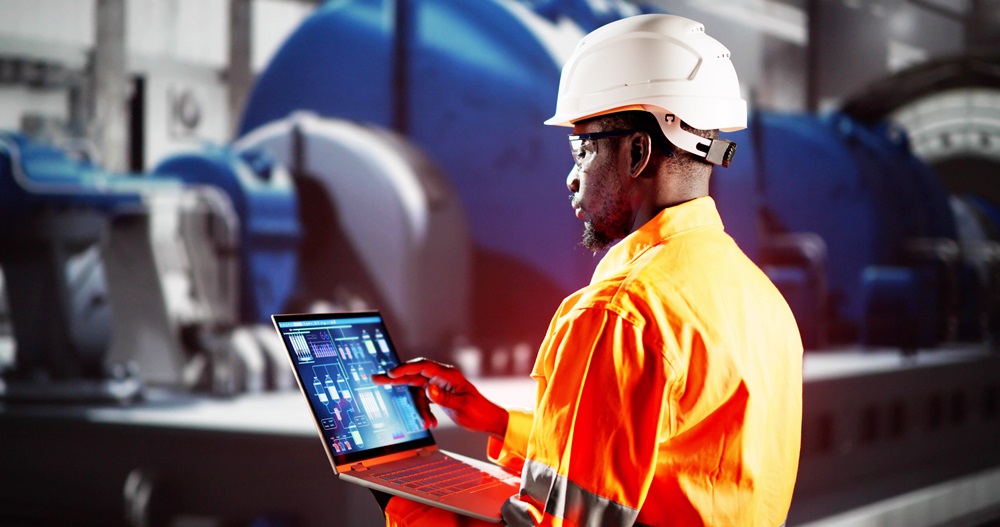 Real-world AI use cases in oil and gas include AI-driven seismic analysis for exploration, catalyst management, predictive maintenance for equipment, digital twins for construction asset monitoring, drilling optimization, and automated anomaly detection to enhance safety and efficiency.
Real-world AI use cases in oil and gas include AI-driven seismic analysis for exploration, catalyst management, predictive maintenance for equipment, digital twins for construction asset monitoring, drilling optimization, and automated anomaly detection to enhance safety and efficiency.
- The global market for AI in oil and gas is poised to cross $4 billion by 2028, growing at a compounded annual growth rate of 12% over the next few years.
Even though it is still in its primary stages and yet to see advanced levels of integration among the companies involved in the energy sector.
Just like technologies like blockchain and AI, here are the top four benefits of AI in oil and gas that are helping major companies overcome challenges with some examples:
✔️Analyzing Seismic Data
Drilling is an essential part of the operations that constitute energy production in the oil and gas industry. Owing to various factors, such as the soil and subsurface properties, etc., the process can become tricky for companies.
Shell is one example of an energy company that is using AI in oil and gas to help analyze seismic data so that it can identify optimal targets for drilling, like in the Arctic.
✔️Supply Chain Optimization
AI enhances logistics by optimizing transportation routes, schedules, and loads. Real-time data on traffic, weather, and delivery schedules allows for efficient supply chain management, reducing costs and improving delivery times.
Harness the power of AI to overcome challenges and optimize your oil & gas operations!
Get a Free Demo✔️Detecting Leaks
Leaks in pipelines can cause an immense amount of harm and loss to a company and its environment. In fact, they are the leading cause of environmental damage on land caused by oil companies and also the losses that they face financially.
Saudi Aramco is an example of a petroleum refinery that is using AI to help detect where leaks may occur in pipelines. Then, through predictive maintenance, they can fix these spots before it might cause any major damage.
✔️Catalyst Management
Refining catalysts are an important part of the operations responsible for extracting valuable, distillable products from heavy oil such as crude. A slowdown in developing them will make the entire operation less productive and efficient, which is why it is necessary to focus on making new catalysts on time.
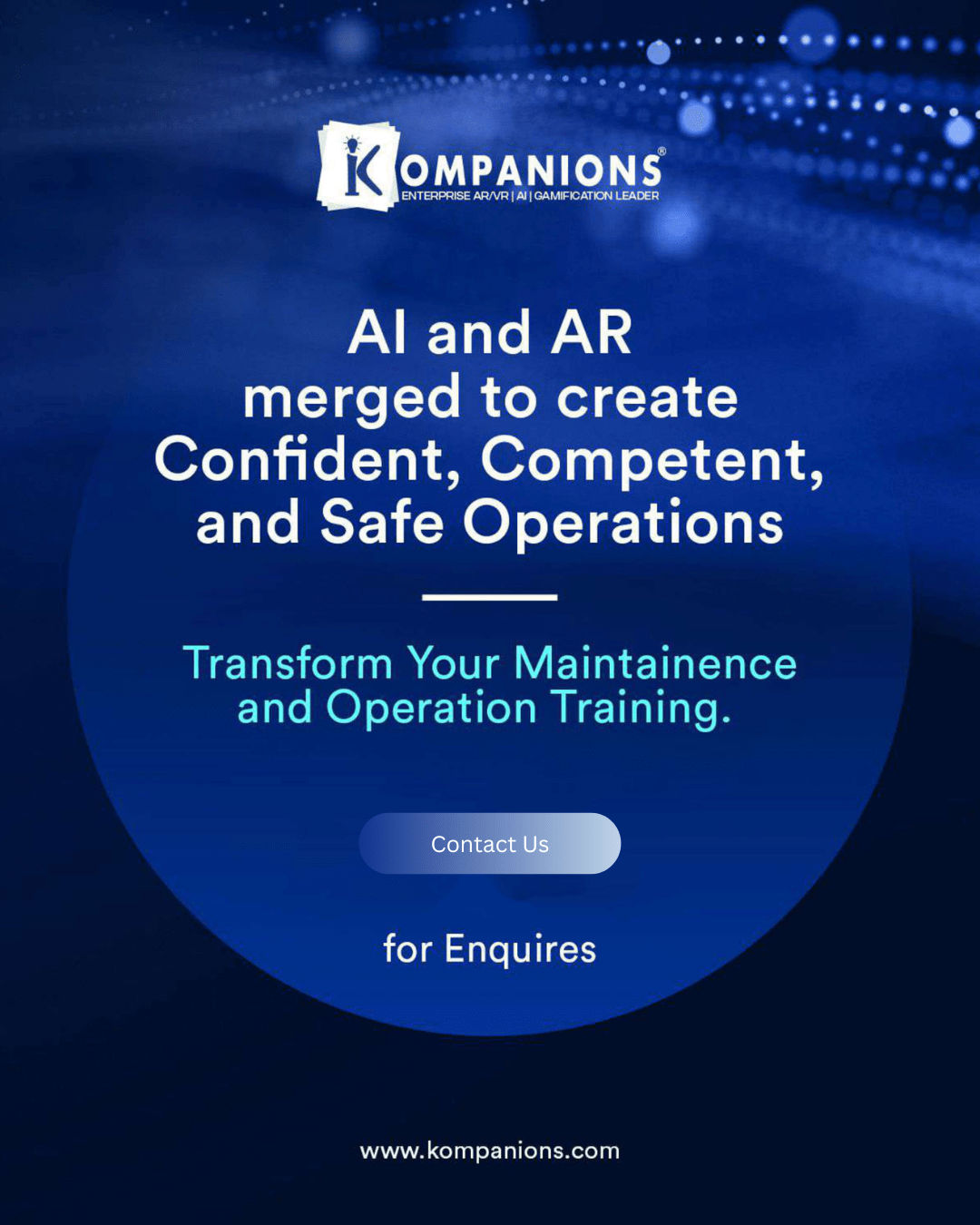
Using AI, Chevron, an energy company in the oil and gas sector is optimizing the process through which they develop catalysts. Their program helps them reduce the emissions from their refineries and also creates catalysts that will improve the efficiency of their refinement operations.
✔️Modeling Reservoirs
Oil and gas reservoirs are the primary option for companies in storing their finished products, once it has passed through all stages and are ready for shipping. Proper reservoir management and design is a crucial step that many in the industry have gone through since their establishment, through various means and technologies.
ExxonMobil, for example, is a natural gas company that is using AI in oil and gas to make its reservoirs, like in the Permian Basin. It will help them better understand the reservoirs they have made, and also further optimize their production based on their experience in the future.
Benefits of Artificial Intelligence in Oil & Gas Industry Operations
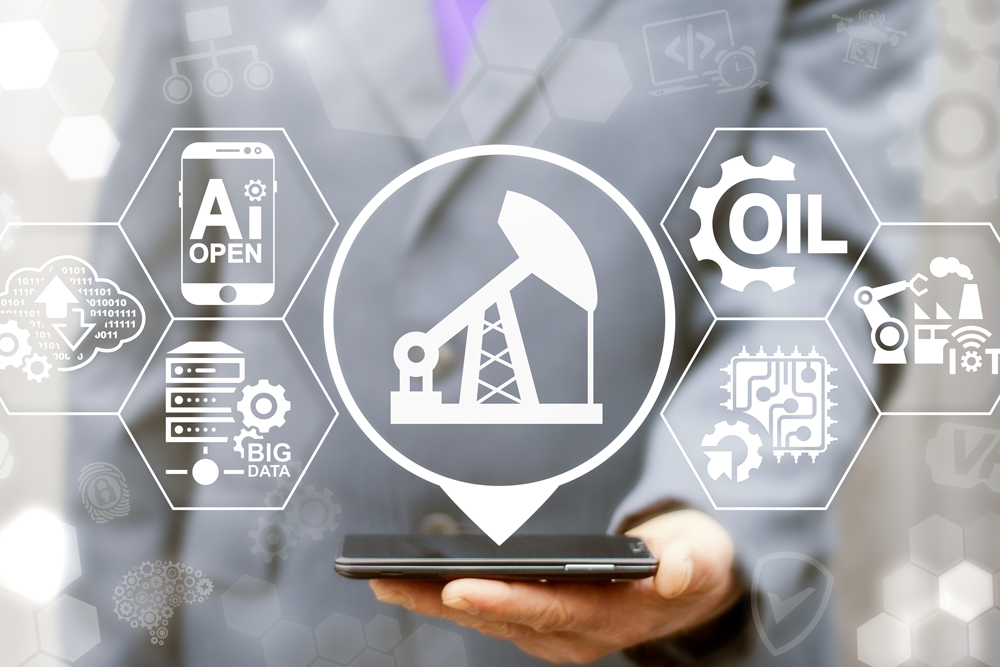
The field of oil and gas operations for companies in the industry sees challenges that can go as deep as the reserves they’re targeting.
That’s why it is impossible to ignore the benefits posed by AI in oil and gas, as it is not a matter of the margins. Artificial intelligence has proven to be crucial to energy exploration, production, and distribution.
1. Predictive Maintenance
AI helps predict equipment failures before they occur by analyzing real-time data from sensors. This reduces downtime, prevents costly repairs, and increases operational efficiency by scheduling maintenance only when necessary, ensuring smooth, uninterrupted operations.
2. Improved Exploration
AI enhances exploration by analyzing large volumes of seismic and geological data. Machine learning algorithms identify hidden patterns, leading to more accurate and cost-effective resource discovery. This results in optimized drilling and exploration strategies, improving recovery rates.
3. Operational Efficiency
AI optimizes operations by analyzing vast datasets and automating tasks. This leads to more efficient use of resources, reduced waste, and increased productivity. AI also helps streamline workflows, providing better insights for decision-making and improving overall business performance.
4. Enhanced Safety
AI enhances safety by continuously monitoring equipment and environmental conditions for potential risks. Real-time data analysis allows for quicker identification of hazards, enabling immediate corrective actions. This reduces accidents and ensures a safer working environment for employees in high-risk areas.
And it is presently rewriting the playbook for the energy sector through its data-driven decisions and predictive insights for oil and gas companies. Join us at KOMPANIONS and stay informed about the latest advancements and breakthroughs.
We invite you to watch a demo with us on the same day or contact us to learn how we can leverage AI and AR/VR in the power industry and for energy sector companies.

